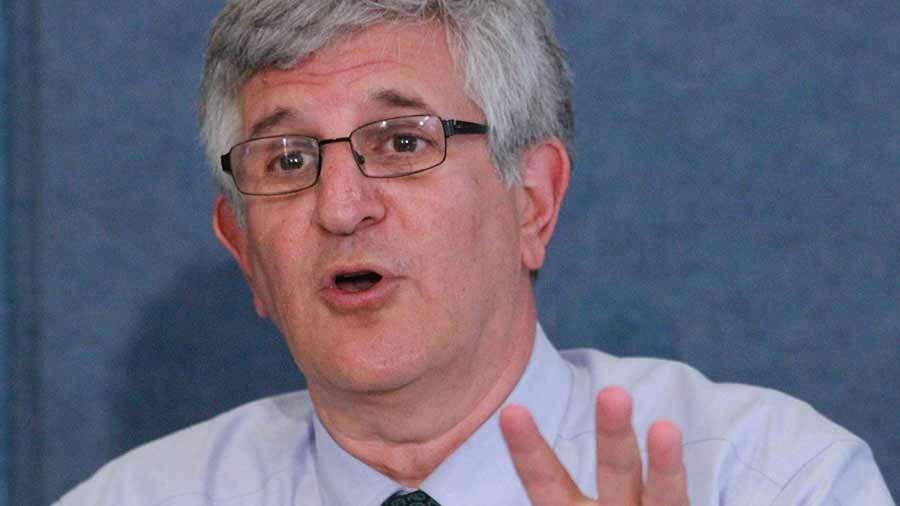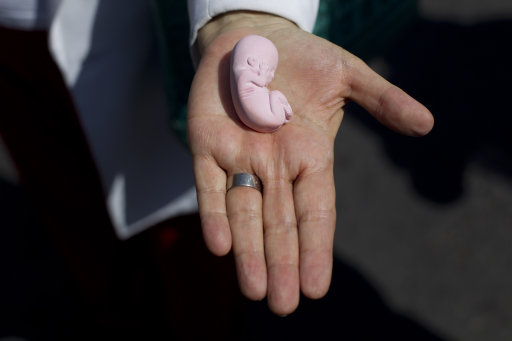In 2012, the SEC charged Pfizer with violation of Foreign Corrupt Practices Act
01/17/2023 / By Ramon Tomey

Back in 2012, the Securities and Exchange Commission (SEC) charged Pfizer with violation of the Foreign Corrupt Practices Act of 1977 (FCPA). The regulator accused the drug giant of bribing medical professionals in other countries to win deals.
An Aug. 7, 2012 press release by the SEC elaborated on the charges. It alleged that “employees and agents of Pfizer’s subsidiaries in Bulgaria, China, Croatia, [the] Czech Republic, Italy, Kazakhstan, Russia and Serbia made improper payments to foreign officials to obtain regulatory and formulary approvals, sales and increased prescriptions for the company’s pharmaceutical products.”
Moreover, the SEC also accused Pfizer of concealing the bribes “by improperly recording the transactions in accounting records as legitimate expenses for promotional activities, marketing, training, travel and entertainment, clinical trials, freight, conferences and advertising.”
“These charges illustrate the pitfalls that exist for companies that fail to appropriately monitor potential risks in their global operation,” said Kara Brockmeyer, chief of the FCPA Unit under the SEC’s Enforcement Division.
Aside from Pfizer itself, the SEC separately charged Wyeth LLC with its own FCPA violations. The New York-based Pfizer acquired the Pennsylvania-based Wyeth in 2009. Nestle later acquired Wyeth’s infant and maternal nutrition business in 2012, with its pharmaceutical business remaining under Pfizer.
Both entities agreed to separate settlements involving a combined payment of around $44 million to settle their respective charges. Pfizer paid a settlement of about $26 million, while Wyeth paid about $18 million for all the FCPA charges to be dropped.
Concurrent with the SEC charges, the Department of Justice announced via a press release on the same day that Pfizer HCP Corporation – a wholly-owned Pfizer subsidiary – agreed to pay a $15 million penalty instead of facing an FCPA investigation. The subsidiary had been accused of bribing regulators and health care professionals in four countries, similar to its parent company. (Related: Pfizer forced to pay $60 million court settlement after bribing foreign officials to dispense more drugs.)
“Corrupt payoffs to foreign officials in order to secure lucrative contracts creates an inherently uneven marketplace and puts honest companies at a disadvantage,” said James W. McJunkin, Federal Bureau of Investigation assistant director in charge of the agency’s Washington field office.
SEC outlines several examples of Pfizer’s bribery
In the Aug. 7, 2012 press release, the SEC outlined several examples of how Pfizer indirectly bribed healthcare professionals in the countries it had a presence.
In China, Pfizer employees invited “high-prescribing doctors” in the Chinese government to club-like meetings that included extensive recreational and entertainment activities. These served to reward doctors’ past product sales of prescriptions that favored Pfizer products.
The drug giant also created various “point programs” where government doctors could earn points based on the number of Pfizer prescriptions they wrote. These points could be redeemed for various gifts such as medical books, mobile phones, tea sets and reading glasses.
Meanwhile, Pfizer employees in Croatia created a “bonus program” for doctors holding senior posts in the Balkan nation’s government-run health care institutions. Once a doctor agreed to use Pfizer products, a percentage of the value purchased by the doctor’s institution would be funneled back to the doctor in the form of cash, international travel or free products.
The SEC also mentioned that prior to being purchased by Pfizer, Wyeth had been involved in FCPA violations.
“Starting at least in 2005, subsidiaries marketing Wyeth nutritional products in China, Indonesia and Pakistan, bribed government doctors to recommend their products to patients by making cash payments or, in some cases, providing BlackBerry [smartphones], cell phones or travel incentives. They often used fictitious invoices to conceal the true nature of the payments.”
The regulator also recounted how Wyeth’s subsidiary made an improper cash payment to a customs official in Saudi Arabia to secure the release of a shipment of promotional items for marketing purposes. The said items were held in port because Wyeth Saudi Arabia had failed to secure a mandatory certificate of conformity from the Saudi Standards, Metrology and Quality Organization.
“Pfizer subsidiaries in several countries had bribery so entwined in their sales culture that they offered points and bonus programs to improperly reward foreign officials who proved to be their best customers,” Brockmeyer said.
Watch this video that discusses Pfizer bribing Ireland’s Health Service Executive with €250,000 ($270,886).
This video is from the Signposts channel on Brighteon.com.
More related stories:
HISTORY OF FRAUD: Pfizer agreed to pay $49 million settlement in 2002 over Lipitor price gouging.
Sources include:
Submit a correction >>
Tagged Under:
bad doctors, big government, Big Pharma, bribery, conspiracy, corruption, deception, Department of Justice, drug cartels, Foreign Corrupt Practices Act, lawsuit, Pfizer, pharmaceutical fraud, Prescription drugs, Securities and Exchange Commission, settlement, Wyeth
This article may contain statements that reflect the opinion of the author
RECENT NEWS & ARTICLES
BadDoctors.News is a fact-based public education website published by Bad Doctors News Features, LLC.
All content copyright © 2018 by Bad Doctors News Features, LLC.
Contact Us with Tips or Corrections
All trademarks, registered trademarks and servicemarks mentioned on this site are the property of their respective owners.




















